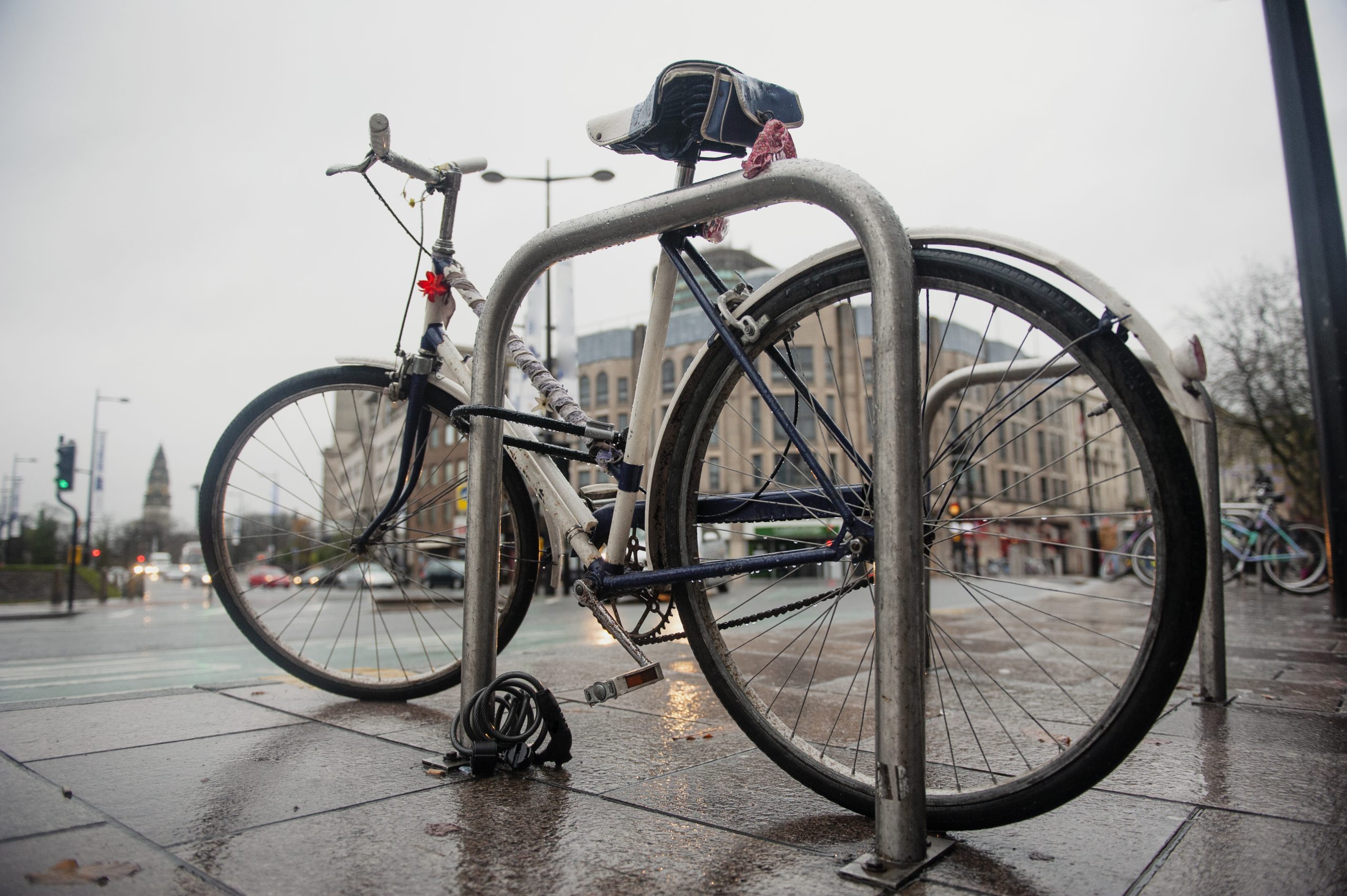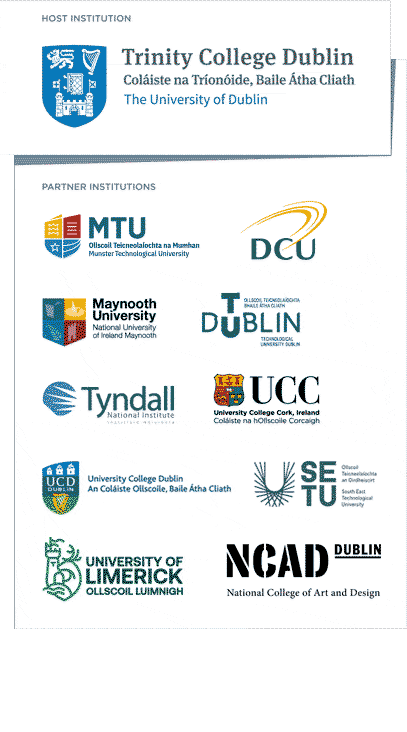
Title: Planning for Diverse Cycling Practices: A Cycle-Parking Type Preference Typology
Authors: Robert Egan, Conor Mark Dowling, Brian Caulfield
What’s this paper all about?
In light of accelerating climate change, policy interest in cycling as a form of sustainable transport is growing internationally. The provision of ample and high-quality cycle parking is a centrally important measure for increasing ridership. However, the need for particular types of cycle parking may also vary depending on the activity being engaged in – such as shopping, commuting, and accessing public transport. In this study, we investigated the cycle parking preferences of people who cycle in Dún Laoghaire-Rathdown, Ireland, to create a typology of cycle parking preferences and how they vary by social group and activity.
What exactly have you discovered?
We discovered five different ‘clusters’ – or groups – of cyclists with specific kinds of preferences for cycle parking in terms of parking type (i.e., open, guarded, or locked): i) the ‘informal’ group, who did not like formal cycle parking of any kind; ii) the ‘open’ group, who greatly preferred open styles of parking that were not guarded, enclosed, or locked; iii) the ‘any’ group, who favoured any kind of formal cycle parking – open, guarded, or locked; iv) the ‘accessible’ group, where members preferred parking types that were easily accessible (i.e., that are open or guarded) over cycle parking that is locked; v) the ‘secure’ group, who greatly favoured secure parking types (i.e., guarded and locked) over less secure ‘open’ parking. This typology is the first of its kind in the field.
So what?
The unique typology (a distinct classification system that groups items or individuals based on specific characteristics) we have developed could be used to inform more precise local and national cycle parking policy and planning efforts to promote cycling in several ways: first, through provision for groups with the highest self-reported desire to increase cycling (the ‘secure’ group); second, by planning cycle parking for groups that are demographically underrepresented in cycle ridership (the ‘open’, ‘any’, and ‘accessible’ groups – who had the greatest proportion of women riders); and third, by providing for groups on the basis of strategically promoting the completion of particular everyday activities by bike (e.g., for shopping by bicycle, the ‘accessible’ group).
Link to paper: Planning for Diverse Cycling Practices: A Cycle-Parking Type Preference Typology
CONNECT is the world leading Science Foundation Ireland Research Centre for Future Networks and Communications. CONNECT is funded under the Science Foundation Ireland Research Centres Programme and is co-funded under the European Regional Development Fund. We engage with over 35 companies including large multinationals, SMEs and start-ups. CONNECT brings together world-class expertise from ten Irish academic institutes to create a one-stop-shop for telecommunications research, development and innovation.
Homepage FeaturePaper Highlight


